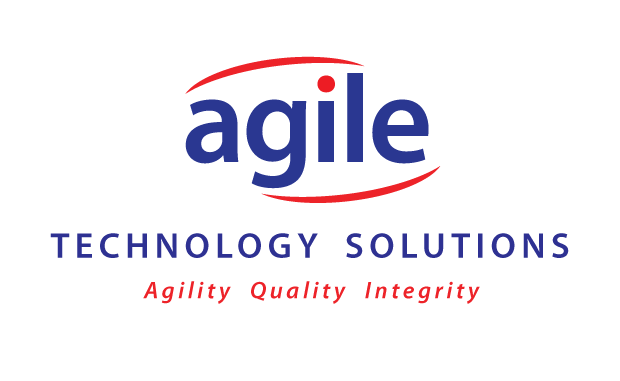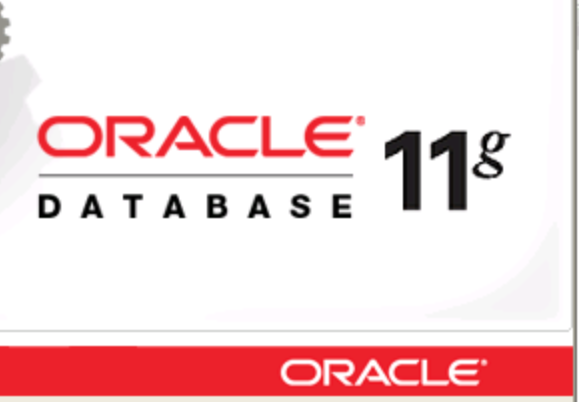Dbvisit recently published a blog article about the future direction of Oracle Standard Edition based on recent announcements. We think it's a cracking article and apart from localising it for the UK market we are pleased to re-publish.
The long awaited Oracle Database 12c was released on the 25th June 2013 with version 12.1.0.1, and back then this included the same key editions we are used to:
- Standard Edition One,
- Standard Edition and
- Enterprise Edition
Oracle Multi-tenancy was one of the big discussion points. However, the options in the Oracle Standard Edition space were, once again, limited as you were only allowed one Pluggable Database (PDB) in your Container Database (CDB). There was no license cost for this, but you could only have one PDB. In some ways this gives you functionality, but not really the full benefit of Multi-tenancy – not even on a small scale. For the full experience you needed to stretch to Enterprise Edition, and on top of that, purchase an additional license option for the Multi-tenancy features.
Just over a year later on the 22nd July 2014, the first patch set 12.1.0.2 was released… and this is where things got interesting. Many people were left wondering what Oracle was planning with its Editions, as the big change with this patch set release was that 12.1.0.2 was Enterprise Edition only! This took many by surprise; you start the installer, and the option to install Standard Edition was simply not available… not a nice feeling when you are looking at updating to the latest.
Over the past year there has been much speculation on what might happen with SE: did this mark the end of Oracle Standard Edition? Surely not, there are too many customers out there using this powerful and cost effective edition. What about all the small to medium sized companies? Surely Oracle would not alienate them and leave them with no alternative but to move away from Oracle… so finally, after almost another entire year, there is a light at the end of the tunnel – Oracle is looking at continuing with Oracle Standard Edition – which is excellent news, but there are some licensing changes on the horizon.
On the 3rd July 2015 a new support note (announcement) was noticed on the Oracle Support site – “Oracle Database 12c Standard Edition 2 (12.1.0.2) (Doc ID 2027072.1)”
In this note it is stated that the new Oracle Database Standard Edition 2 (SE2) will replace the Standard Edition (SE) and Standard Edition One (SE1) options, beginning from patch set 12.1.0.2.
Further to that announcement, a glimpse of the licensing change was provided as well. SE2 will run on systems with a maximum of 2 sockets, so gone is the option of having a 4 socket standard edition system. BUT the good thing is that SE2 will still support Oracle RAC – up to a two-node cluster (the assumption is that each node can have a maximum of 2 sockets). The support note is not 100% clear on this, but it does look as if you can use two nodes for the RAC cluster with each having a max of 2 sockets – which brings you to the maximum of 4 sockets in total – if using Oracle RAC.
In summary this is stated in the announcement:
- Oracle Database Standard Edition 2 (SE2) will replace SE and SE1 from 12.1.0.2
- SE2 will have a limitation of maximum 2 socket systems
- 12.1.0.1 was the last SE and SE1 option and customers will need to upgrade to SE2 (12.1.0.2) when released
- SE2 is planned for release Q3 CY2015
- 12.1.0.1 SE and SE1 customers will have 6 months of patching support once SE2 12.1.0.2 is released with quarterly patches still being available in Oct 2015 and Jan 2016.
- There are some changes in the licensing, but the key for most is that there is still an Oracle Standard Edition option, and that is great.
Interestingly, no pricing is mentioned and no mention of changes in features. Feature changes may be limited, but one key question remains – what will the cost implications be? There are a large number of small to medium sized companies using Oracle Standard Edition and it would be sad to see them move to alternatives due to major licensing changes or major price hikes in the standard edition space.
Fortunately, as SE2 is expected to be released Q3 2015 we won’t have to wait too long to get answers to all the questions being raised by this announcement.
We are interested to see more detail about the licensing structure and if there will be any feature changes as well as how the license price will be affected. Currently an SE1 processor license is GBP £3,674 where the SE processor license is GBP £11,086
Many more would rather look at Oracle vs. alternatives if it is just GBP £3,674 – that is one attractive price tag for getting this amazing technology at your fingertips! But this is just wishful thinking for the moment, and we will have to wait and see. Another question that also arises is around support; what will happen with customers that have Oracle SE1 – will their support cost go up? We will just have to wait and see, but for now I am just happy to see that Oracle will continue with a Standard Edition version and that there are still options available for the smaller – and in many cases cost-constrained, companies out there.
For more details please see the following three Oracle Support notes:
- Release Schedule of Current Database Releases (Doc ID 742060.1)
- Oracle Database 12c Release 1 Patch set 1 (12.1.0.2) is being released only as Enterprise Edition at this time (Doc ID 1905806.1)
- Oracle Database 12c Standard Edition 2 (12.1.0.2) (Doc ID 2027072.1)
To discuss the potential impact your licence estate and review the risks and opportunities then please drop us a note at licence@agilets.com



